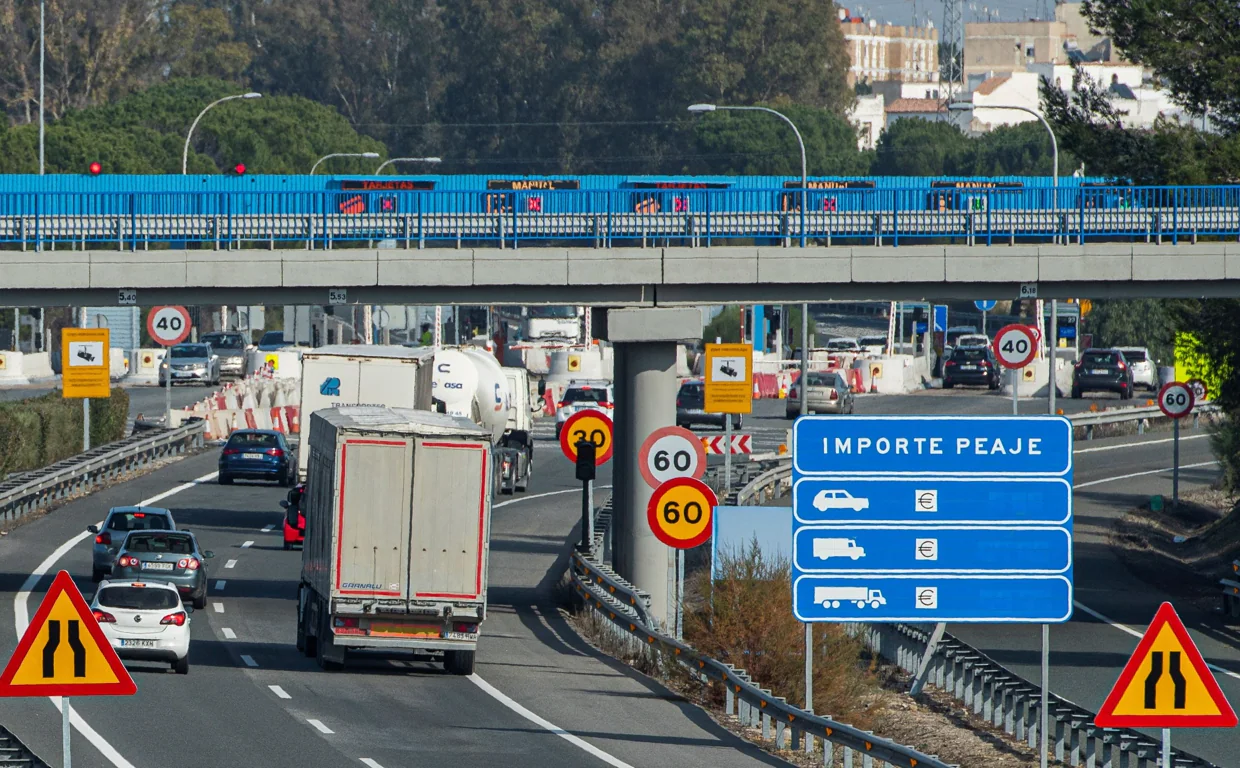Less than a week before the European Council endorses Parliament’s decision making the ban on the sale of combustion engines effective from 2035 – something Spain’s Ecological Transition Minister Teresa Ribera declared today that “there will be no change in the position of Brussels »—, 16 Spanish associations have signed a declaration stating that «voting in favor of this proposal is voting against the interests of Spain».
From his point of view, “the social and economic consequences will affect the most vulnerable populations: the lowest incomes and the inhabitants of the most depopulated areas.” The infrastructure of our country is not prepared for the total electrification of the park and the Spanish territory, in which the distance between urban centers is greater than in other larger countries, such as France, does not help its structuring.
“Betting solely on the 100% electric car will create shadowy areas in rural Spain,” they say, where part of the population cannot charge their vehicle and there will be a comparative complaint between urban and rural residents. In addition, in the most unpopulated areas it is necessary to have more autonomy, something the electric car has not yet solved.
Among the companies signing up are representatives of official dealers (Faconauto), service stations (Ceees), car suppliers (Sernauto) or aftermarket spare parts (Ancera).
They demand that technological neutrality be respected, as this would mean stopping the development of biofuels, which are low or neutral in their global carbon calculation and are compatible with the current vehicle fleet. This will make it possible to decarbonise mobility at a lower cost, without being forced to switch vehicles or completely renew fleets.
“This discouragement to investment,” they say, “will jeopardize a large number of jobs, both in the fuel refining and distribution industries and the admixtures industry.”
The focus is on the loss of efficiency in the energy transition process, but also on the loss of rights in the areas of mobility, quality of life and purchasing power of the middle and lower classes. “In order to defend the interests of the entire Spanish population, it is absolutely necessary to vote against the regulation of the European Commission’s emission standards,” they say.
The associations emphasize their commitment to decarbonising mobility and the economy, as well as to an energy transition that is fair, accessible, efficient and inclusive so that no one is left behind. For this reason, they demand that the Spanish government listen to all sectors and gauge the scope of its decisions. They also urge Spanish and European governments to ensure that the principle of technological neutrality is respected. “The only way to design a just and efficient energy transition is to prioritize technology over ideology,” they conclude.
Source: La Verdad
I am Ida Scott, a journalist and content author with a passion for uncovering the truth. I have been writing professionally for Today Times Live since 2020 and specialize in political news. My career began when I was just 17; I had already developed a knack for research and an eye for detail which made me stand out from my peers.



